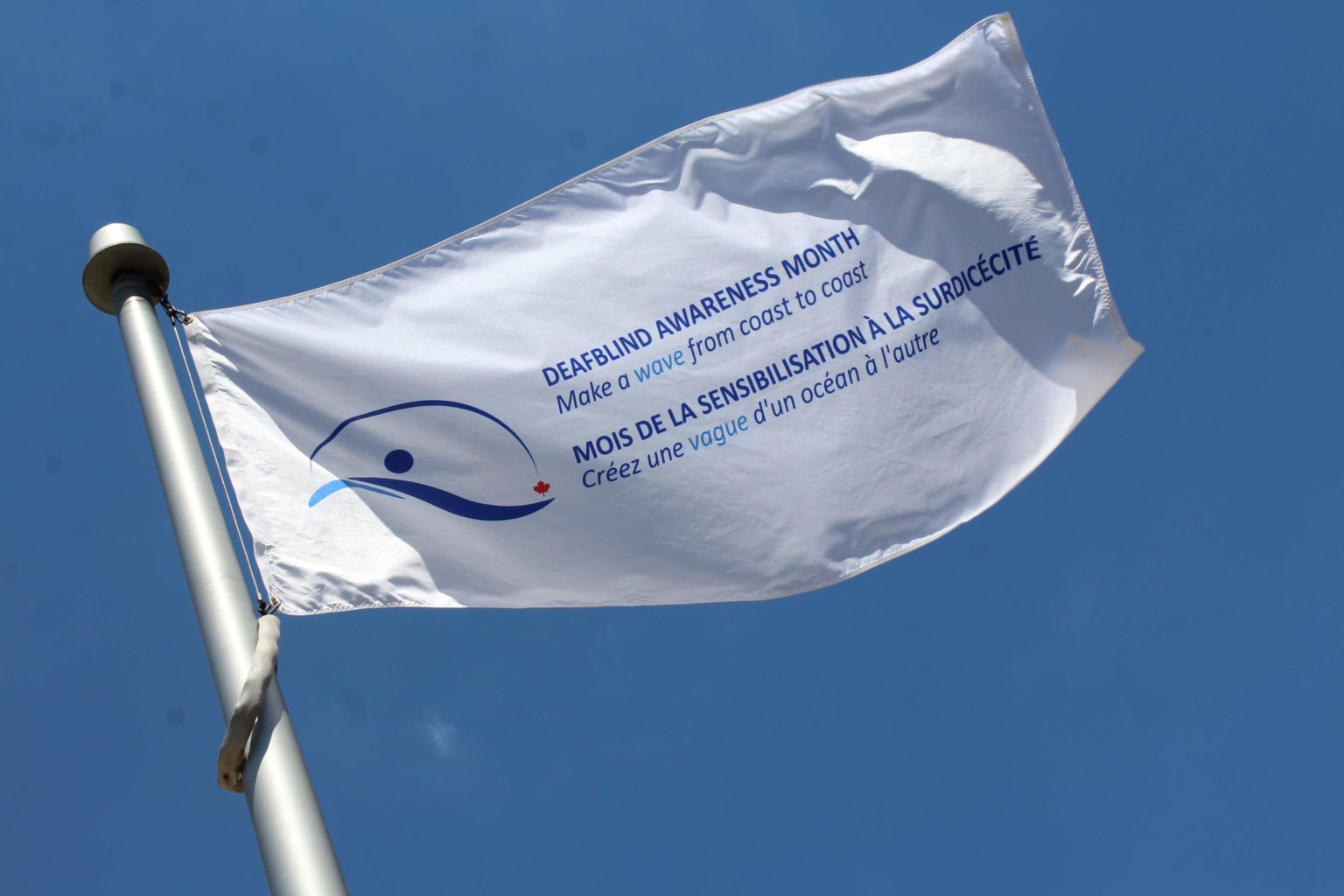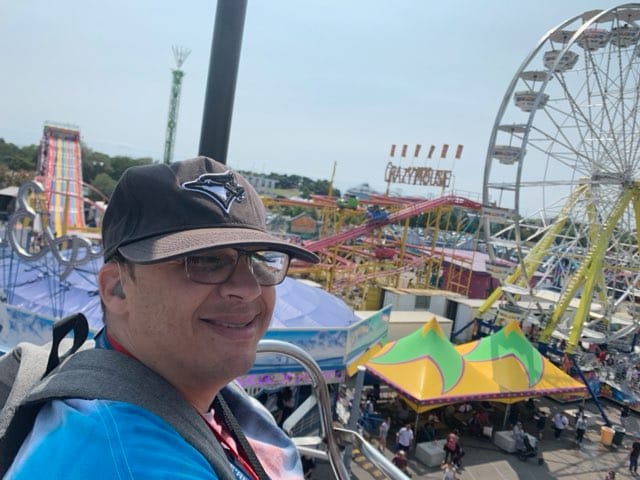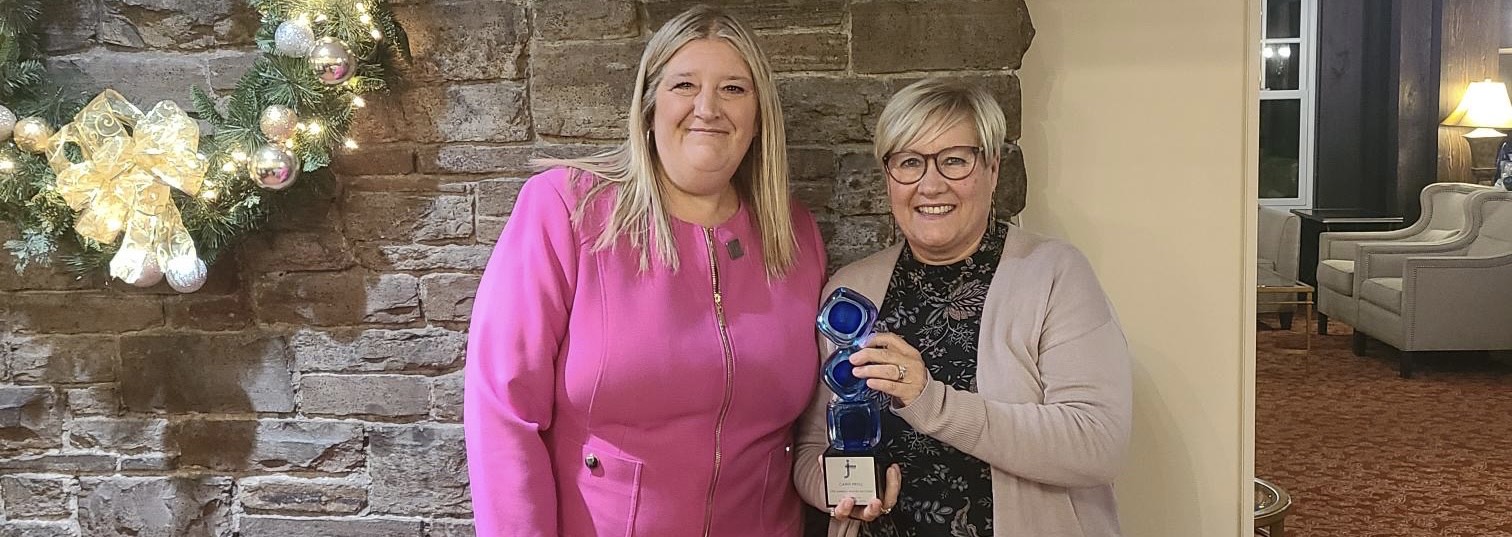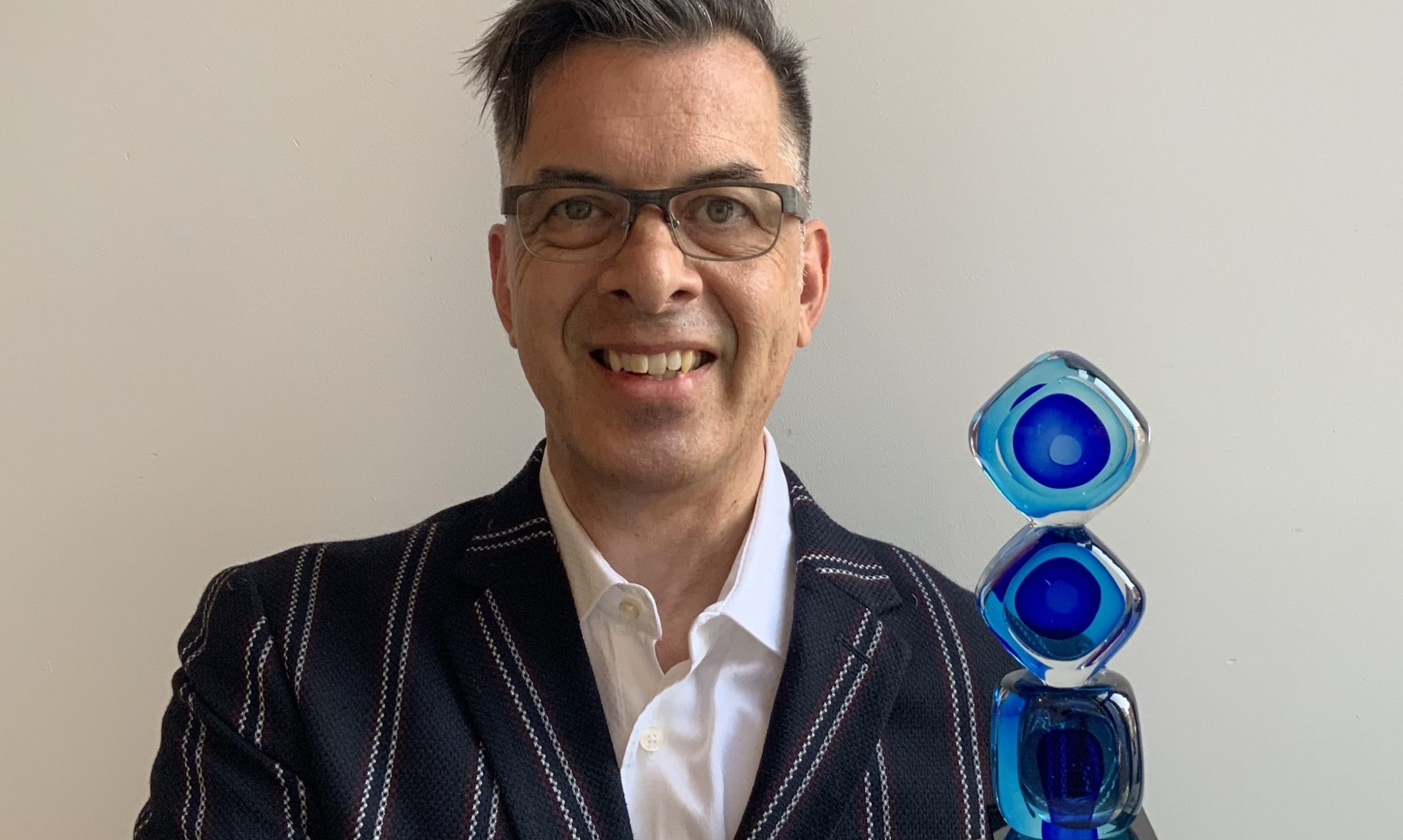JUNE IS NATIONAL DEAFBLIND AWARENESS MONTH

JUNE IS NATIONAL DEAFBLIND AWARENESS MONTH
Organizations providing services for Canadians who are deafblind seek to raise awareness
Toronto, Ontario – MAY 25, 2020 – Many of us receive information through our eyes and ears. Whether it’s from television news, conversations with neighbours, headlines on a mobile device, or weather reports on an app. These seemingly minor bits of information, which most of us take for granted, can present many barriers for a person who is deafblind.
June is celebrated as National Deafblind Awareness Month, marking the birth month of Helen Keller, unquestionably the most famous person who was deafblind. Helen Keller’s journey is an inspiring story, which took her from no communication with the world around her to a life of vision and advocacy. Thanks to the support of her intervenor who served as her communication partner, she engaged in a seemingly impossible battle to participate and break down barriers in a world some might consider she had lost. Through her actions and achievements, Helen Keller is recognized as one of the most powerful symbols of triumph over adversity.
Many people are familiar with the story of Helen Keller, but are unaware that her experience as an individual who is deafblind is all too real for over 1% of Canadians (460,000). In a recent report, Canadians who are deafblind identified many gaps in services across the country. These gaps included variations in services between provinces; limited funding available for Intervenor Services, limited intervenor hours and choice; and lack of diversity in services required by individuals with deafblindness.[1]
“National Deafblind Awareness Month presents an opportunity to build awareness about the distinct experience of Canadians who are deafblind. Intervenor Services help open up a world of opportunity for individuals who are deafblind so that they can thrive,” explains the Chair of the National Deafblind Awareness Month Working Group, Karen Madho.
With the assistance of intervenors, who act as the eyes and ears of people who are deafblind, Canadians who are deafblind are able to live more independent lives, accessing their communities in more fulfilling ways.
Take for instance Canadian Helen Keller Centre staff member Elio Riggillo, who is deafblind. Elio lives in Toronto with his wife of over 20 years and their three children. He is also a faculty member at George Brown College teaching American Sign Language (ASL).
Not satisfied with this already demanding and rewarding role, Elio was recently hired as the Community Relations Coordinator at CHKC. His new position is responsible for promoting CHKC services and programs, introducing new people who are deafblind to the community, providing peer-to-peer support to individuals who are deafblind and advocating for the needs of the deafblind community. With the help of his intervenors, Elio is able to be as independent as he wants to be.
Nadine Anderson has been working as the part-time Light Duty Cleaner at the Canadian Helen Keller Centre since 2017. She has been a resident of Rotary Cheshire Homes for over a decade. Nadine is also deafblind, and through Intervenor Services she is able to enjoy life to the fullest. A prolific Facebook user with a passion for photography, she can be seen enjoying Toronto’s finest attractions and events, demonstrating that there is nothing that she can’t do!
NOTE TO MEDIA: The experience for someone who is deafblind, which may include all types and degrees of dual hearing and vision loss, can be isolating and restrictive. Consumers are available to tell their stories to the media and explain how having the support of Intervenor Services helps people who are deafblind achieve their full potential.
The experience of being deafblind for an individual can mean that he or she has a substantial degree of both hearing and vision loss, the combination of which results in significant difficulties in accessing information and in pursuing educational, vocational, recreational and social goals. A person who is deafblind experiences life in a unique way, separate from the way a person who is only blind or only deaf may experience. An individual who is deafblind requires specialized services, including adapted communication methods.
ABOUT INTERVENORS Intevenors are professionally trained to provide auditory and visual information to people who are deafblind. Acting as the eyes and ears, an intervenor provides complete information about the environment and surrounding circumstances to the person who is deafblind who is unable to obtain this information for him or herself because of a dual sensory loss. By using various methods of communication, they provide opportunities for people who are deafblind to gain independence, pursue goals, have control over their lives/make choices and interact with the environment. Additional information is available on this website.
For more information, contact Franco Cignelli, Marketing & Communications Specialist at fcignelli@chkc.org.
[1] https://deafblindontario.com/wp-content/uploads/2019/10/2019_Stakeholders_Consultation_Report_FINAL-s_1022047.pdf








